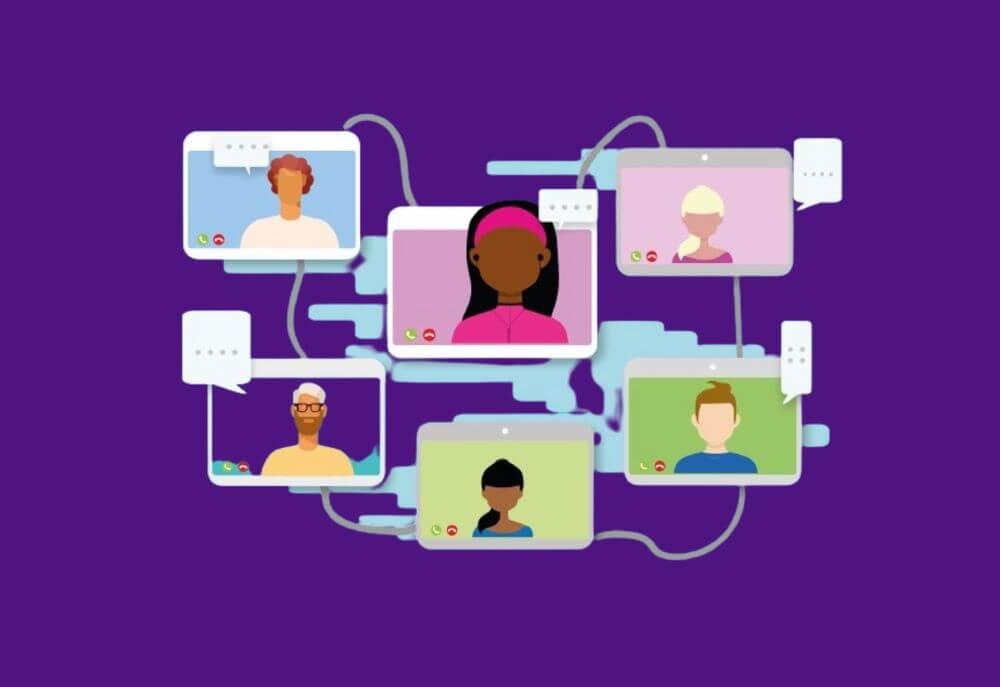In the competitive world of professional development, establishing impactful work goals examples is crucial for anyone looking to advance their career and achieve personal fulfillment.
Setting clear and actionable work goals not only helps individuals measure progress but also strategically aligns daily activities with long-term career aspirations.
This guide provides a straightforward overview of setting effective work goals, presenting a clear framework that helps professionals easily navigate their career paths.
We’ve covered the essential principles and practical strategies to help you effectively manage your career path and achieve success.
Understanding the Importance of Work Goals
Work goals serve as the backbone of professional development, offering a structured way to track progress, refine skills, and achieve specific career milestones.
By setting defined objectives, professionals can focus their efforts on meaningful activities that contribute directly to career advancement and personal growth.
Goals not only help in measuring success but also in maintaining motivation, adapting to changes, and overcoming challenges in the workplace.
The Art of Setting Work Goals
The process of setting effective work goals involves several key steps, each designed to ensure that the goals are not only attainable but also aligned with one’s broader career aspirations.
Self-Reflection and Assessment
Begin by evaluating your current professional situation. Identify your strengths, weaknesses, and the opportunities or threats within your industry or role.
This self-awareness is crucial as it lays the groundwork for setting realistic and relevant goals.
Long-term Vision and Short-term Objectives
Define your ultimate career objective and then backtrack to establish short-term goals that are stepping stones towards this vision.
For instance, if your long-term goal is to become a senior manager, your short-term goals might include leadership training, project management, or enhancing specific technical skills.
SMART Goal Framework
Adopt the SMART criteria—Specific, Measurable, Achievable, Relevant, and Time-bound—to structure your goals effectively.
This approach ensures clarity and feasibility, making monitoring progress and adjusting as needed easier.
- Specific: Goals should be clear and specific to avoid ambiguity.
- Measurable: Attach quantifiable criteria to measure progress.
- Achievable: Ensure the goal is attainable with the resources and time available.
- Relevant: Align the goal with your broader career objectives.
- Time-bound: Set a realistic deadline to maintain urgency and focus.
Action Plans and Milestones
Break each goal into actionable steps and define milestones along the way. This not only simplifies the process but also provides regular opportunities for celebration and reassessment, which are important for maintaining motivation.
Feedback and Adaptation
Regularly seek feedback from mentors, peers, and managers, and use it to refine your goals.
The professional world is dynamic; therefore, flexibility in your goal-setting process is key to staying relevant and on track.
Work Goals Examples: Examples of Strategic Work Goals
To illustrate how these principles can be applied in real-world settings, here are detailed examples of strategic work goals across various dimensions of professional development:
Enhance Leadership Skills
Aim to lead a cross-departmental project by the end of the year.
Begin by volunteering for team leadership roles in smaller projects to build credibility and gather experience. Schedule monthly meetings with a mentor to discuss progress and challenges
Improve Communication Skills
Plan to enhance both verbal and written communication skills.
Enroll in a public speaking course and join a local Toastmasters club to practice regularly.
Aim to write at least one professional article or blog post per month to refine written communication skills.
Expand Professional Network
Set a goal to grow your network by 15% every quarter.
Attend at least two industry networking events per month and connect with participants on LinkedIn.
Schedule coffee meetings with new contacts to foster relationships.
Develop New Technical Skills
Choose a new software or technology relevant to your field and aim to achieve proficiency in six months.
Subscribe to relevant online courses, dedicate specific hours weekly for practice, and apply these skills in current projects to gain practical experience.
Work-Life Balance
Commit to improving your work-life balance by setting clear boundaries between work and personal time.
Define work hours and stick to them, and incorporate at least 30 minutes of physical activity into your daily routine to improve both mental and physical health.
Incorporating Goal Setting into Daily Work Life
Integrating goal setting into daily work life requires consistent effort and organizational support.
Utilize tools and resources like digital planners, goal-tracking apps, and project management software to keep your goals visible and top of mind.
Regularly review your goals and progress, and adjust your plans as necessary to respond to new opportunities or changes in your work environment.
Simplifying Goal Setting with Cultup
Setting and following up on goals is as straightforward as 1-2-3 with Cultup.
For instance, in your upcoming one-on-one meeting with an employee, you can effortlessly set up a workspace dedicated to both of you.
Utilize Cultup AI to access tools tailored to help you establish goals optimally suited to your specific context.
You can easily make notes of goals, decisions, and tasks during the meeting. Following this, ensure to revisit and track the progress of these goals in your subsequent meetings, all facilitated smoothly through Cultup.
This streamlined process not only enhances clarity and focus but also boosts productivity and goal attainment in your professional interactions.
Conclusion
Setting work goals is a dynamic and iterative process that demands ongoing attention and adaptation.
By thoughtfully defining and diligently pursuing well-crafted goals, professionals can ensure they not only meet but exceed their career objectives, leading to greater job satisfaction and professional growth.
As you embark on this journey, remember that each goal achieved is a stepping stone towards your ultimate career success.



